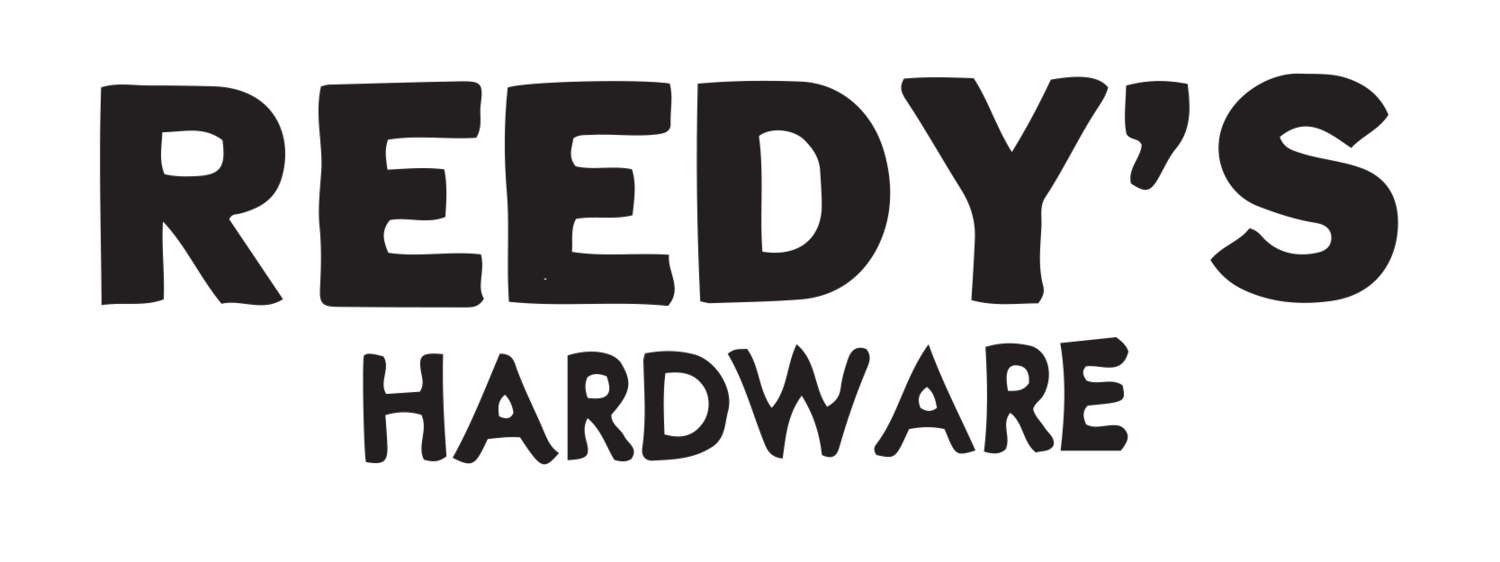As an anti-capitalist, working artist, selling prints provides an avenue to support the movement monetarily. While there is much work to be done on a broader level in criminal justice reform, we are also responsible for educating ourselves to the real truths of our countries history of racial inequality so we can build a better future for everyone.

